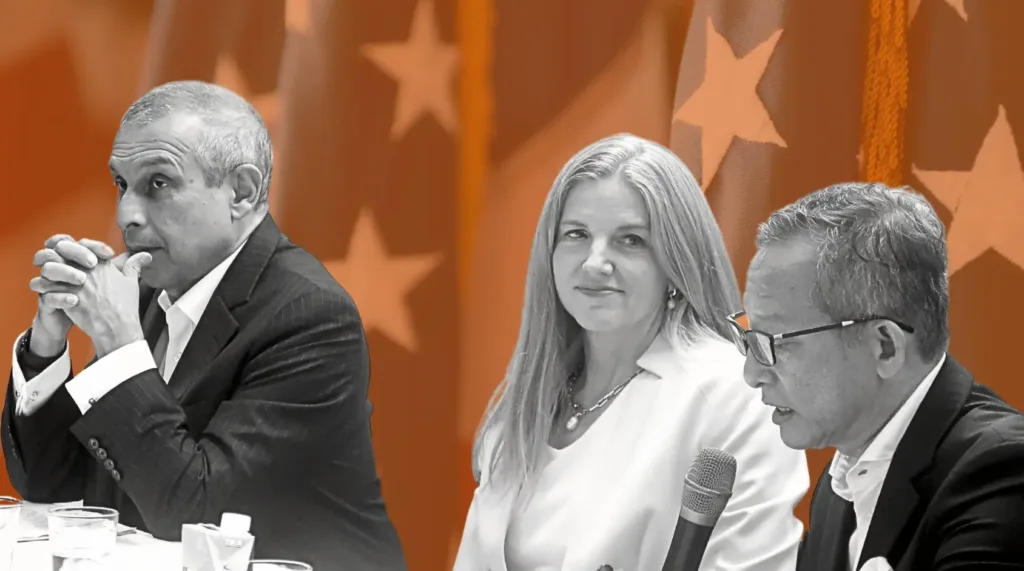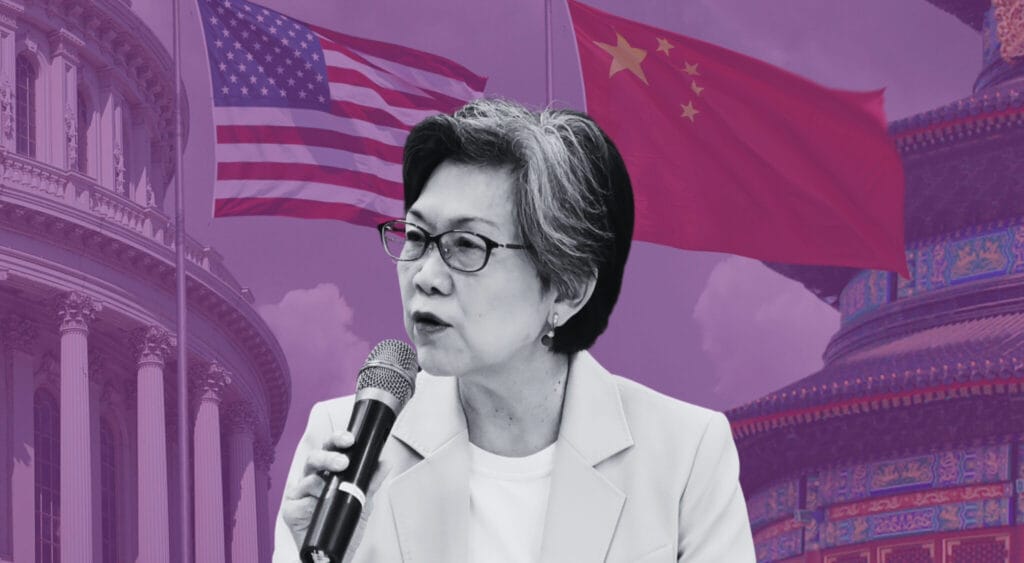The 2024 Indonesian presidential election results were surprisingly decisive. Based on the unofficial quick counts, Indonesia’s Minister of Defence Prabowo Subianto and his running mate Gibran Rakabuming Raka, the incumbent President Joko Widodo’s (“Jokowi”) eldest son, clinched an estimated 58% of votes. This outcome eliminated the need for a second run-off election which many had initially anticipated. The Prabowo-Gibran pair’s support base was significantly bolstered by the endorsement from Jokowi, who enjoys a high approval rating for drastically improving Indonesia’s economy. A vote for Prabowo is therefore largely seen as synonymous to a vote for continuity of Jokowi’s policies.
The prospects of this policy continuity were explored by Dr. Rizal Sukma, Senior Fellow at the Jakarta-based Centre for Strategic and International Studies (CSIS) and former Indonesian Ambassador to the United Kingdom and Ireland, at a talk organised by the Singapore Institute of International Affairs (SIIA) on 19 February 2024. Professor Simon Tay, Chairman of SIIA, served as the moderator for the session.
Policy Continuity
Dr. Rizal elaborated on key areas where Prabowo would likely ensure policy continuity.
First, the social assistance programme that Jokowi is well-known for, as this would be integral in retaining the support of the general populace.
Second, Jokowi’s downstreaming strategy in the mining industry, given that it is extremely difficult to argue against and disregard the immense revenue Indonesia has generated from this policy. In 2016, tax revenue from the downstream nickel industry was Rp 1.66 trillion (S$142.3 million). This increased tenfold to Rp 17.96 trillion (S$1.54 billion) in 2022.
Third, Prabowo will likely double down on efforts to attract foreign investments, particularly in the manufacturing industry, to create jobs for young people in Indonesia. This is especially important as employment was identified as a top concern among young voters aged 40 years old and below who constituted 52% of voters.
However, while Prabowo had previously expressed support for continuing Jokowi’s Nusantara capital project, Dr. Rizal highlighted some concerns. Prabowo’s ‘Free Lunch’ programme would require up to Rp 450 trillion (S$38.4 billion) annually and might potentially divert some resources away from the Nusantara project.
On Foreign Policy
Indonesia’s relationship with Singapore will continue to be strong for two reasons. First, considering Singapore’s position as Indonesia’s leading foreign direct investor, we can expect Prabowo to carry on with Jokowi’s policies to attract foreign investment from Singapore through the provision of incentives such as tax deductions. Second, Prabowo will maintain Indonesia’s strong economic ties with Singapore; having Singapore as Indonesia’s top foreign direct investor, instead of China, guards against accusations of Chinese influence. Indonesia is eager to emphasise to the international community that the country is not under China’s orbit – this is critical for Indonesia to continue reiterating its approach of non-alignment with any superpower. In the same vein, Prabowo will likely continue to tread carefully in Indonesia’s relationships with the US and China.
On Indonesia’s participation in the Association of Southeast Asian Nations (ASEAN), Dr. Rizal shared that the country’s stance has been that the regional organisation needs champions, not leaders. Aligned with this belief, Prabowo will potentially be keen to champion greater security cooperation within the regional bloc but will exhibit no desire to lead ASEAN.
Expected Changes
Continuity aside, Indonesia under Prabowo’s leadership is expected to see two changes: defence modernisation and a more prominent Indonesian presence internationally.
During his term as Minister of Defence, the former military general has been vocal about the need for Indonesia to modernise its military and strengthen its defence. Therefore, it is likely that significant resources would be allocated to boost efforts towards this, specifically to reinforce territorial integrity and combat threats such as illegal fishing.
Furthermore, Prabowo would potentially be more active in his international engagements as compared to Jokowi. Thus far, Jokowi has been somewhat self-isolating and inward-looking, devoting significant attention to domestic issues. This is evidenced from his absence from all the United Nations General Assembly (UNGA) meetings. Conversely, Prabowo is likely to be more proactive, due in part to his previous experiences living in countries such as Zurich, London, and Hong Kong. With that, he would be more confident in participating in international engagements and strengthening Indonesia’s voice on the world stage.
Prabowo is also more uninhibited in expressing Indonesia’s non-aligned and independent identity and adopting a strongly nationalistic tone. For instance, he recently criticised the new European Union Deforestation Regulation (EUDR) banning palm imports, including those from Indonesia, remarking that Indonesia does not ‘really need Europe anymore’. With a more vocal and strongly nationalistic personality at the helm, we can expect to see a more prominent Indonesian presence in the international arena.
Stability and the Future of Democracy
While it is believed that Prabowo’s win signals a vote for continuity for Jokowi’s policies, Prabowo is his own person. As the president wields significant authority in Indonesia’s constitution, it is likely that Prabowo will lead independently of Jokowi – even if Prabowo’s popularity during the elections was significantly boosted by Jokowi’s endorsement and despite Gibran’s position as Vice-President.
Yet, the Indonesian president still needs support from the parliament to pass certain laws and policies. We can therefore expect coalition building to ensue following Prabowo’s appointment, and this would likely include efforts to co-opt rival parties as well, just as Jokowi’s administration had previously done.
Amidst criticisms directed at Jokowi’s endorsement of Prabowo and accusations of vote rigging, concerns have been raised by the international community regarding the future of democracy in Indonesia. On this, Dr. Rizal believes it is highly unlikely that Indonesia would return to authoritarian rule, contrary to what some fear. It is almost unimaginable to do so, given that various political parties have emerged and enjoyed a considerable degree of freedom in campaigning their various causes. While the quality of democracy may be deteriorating, the fundamental legislature safeguarding a stable democratic political system in Indonesia will be here to stay.




